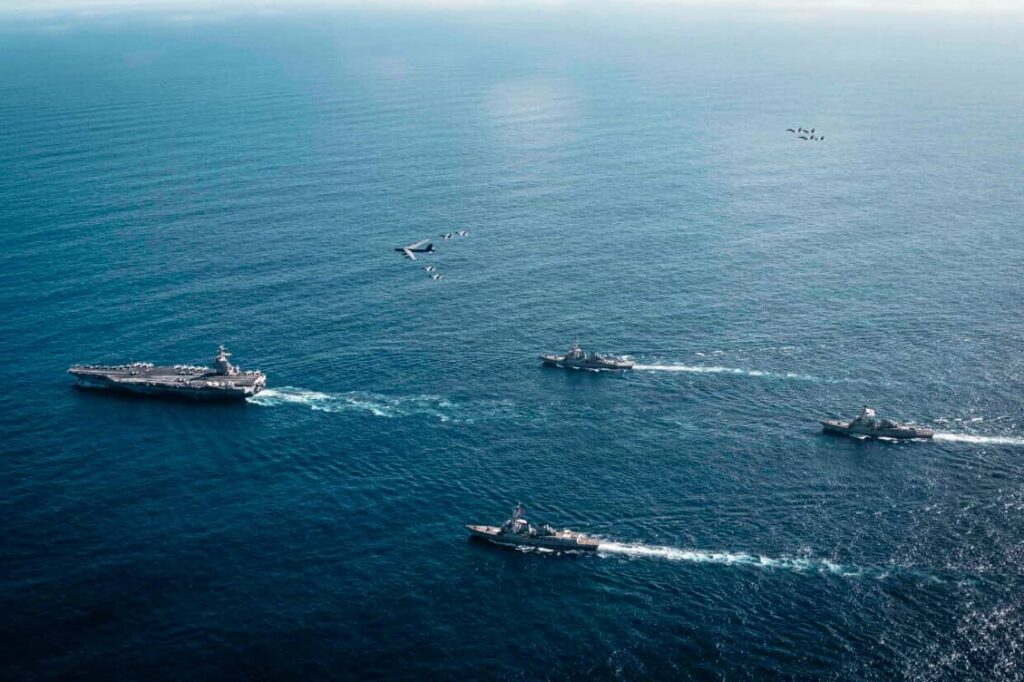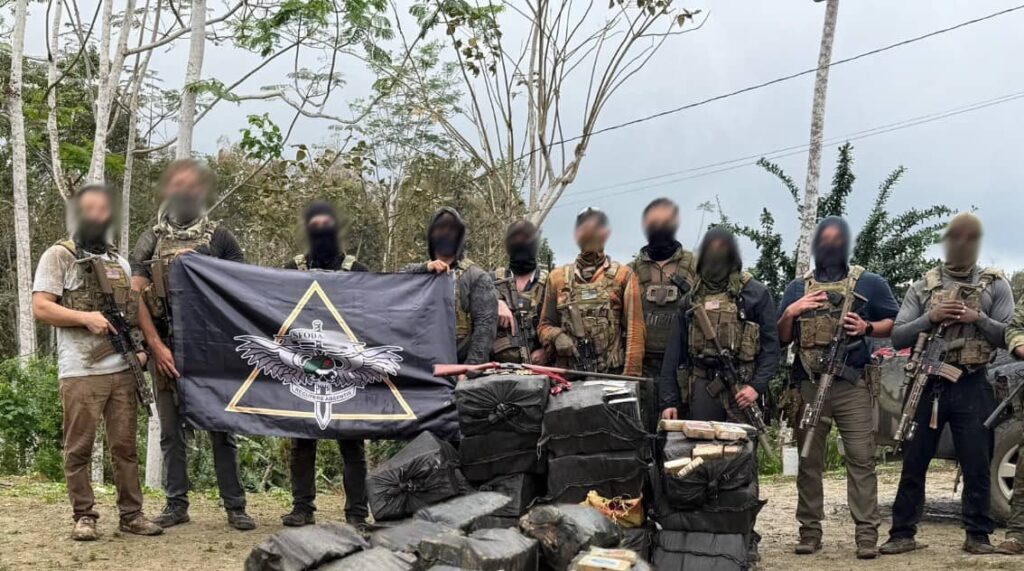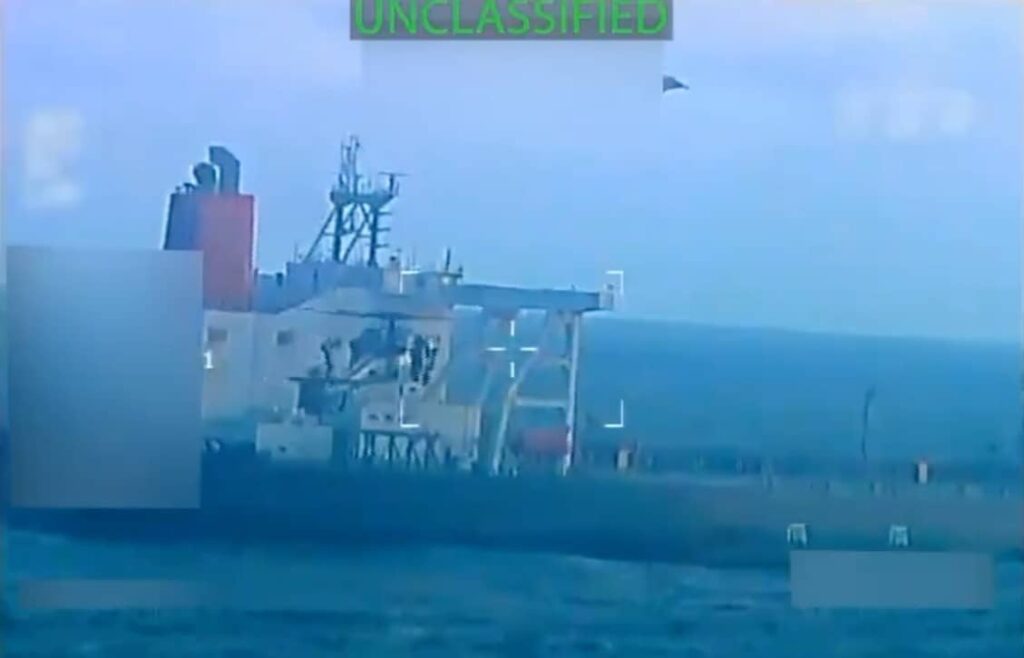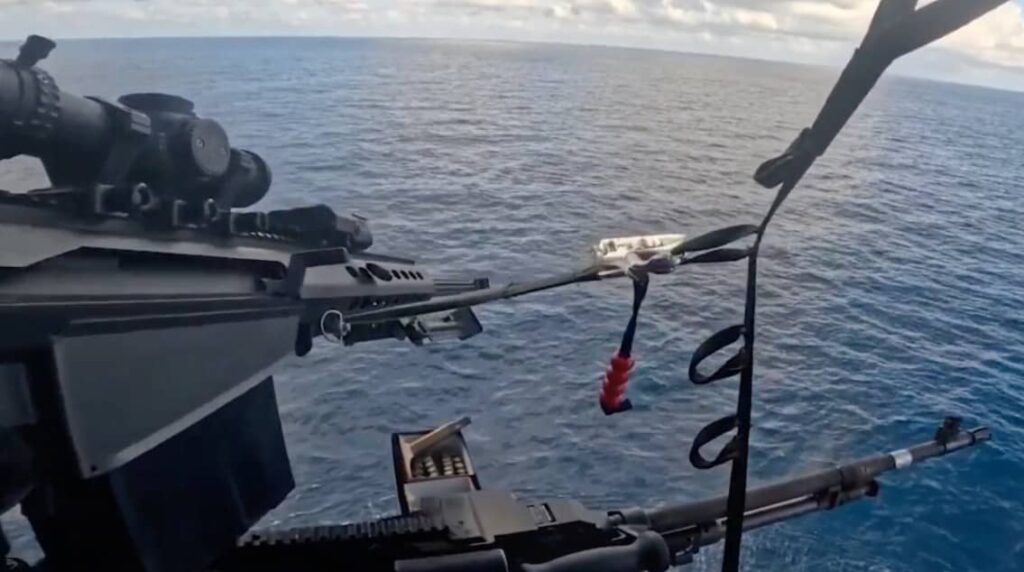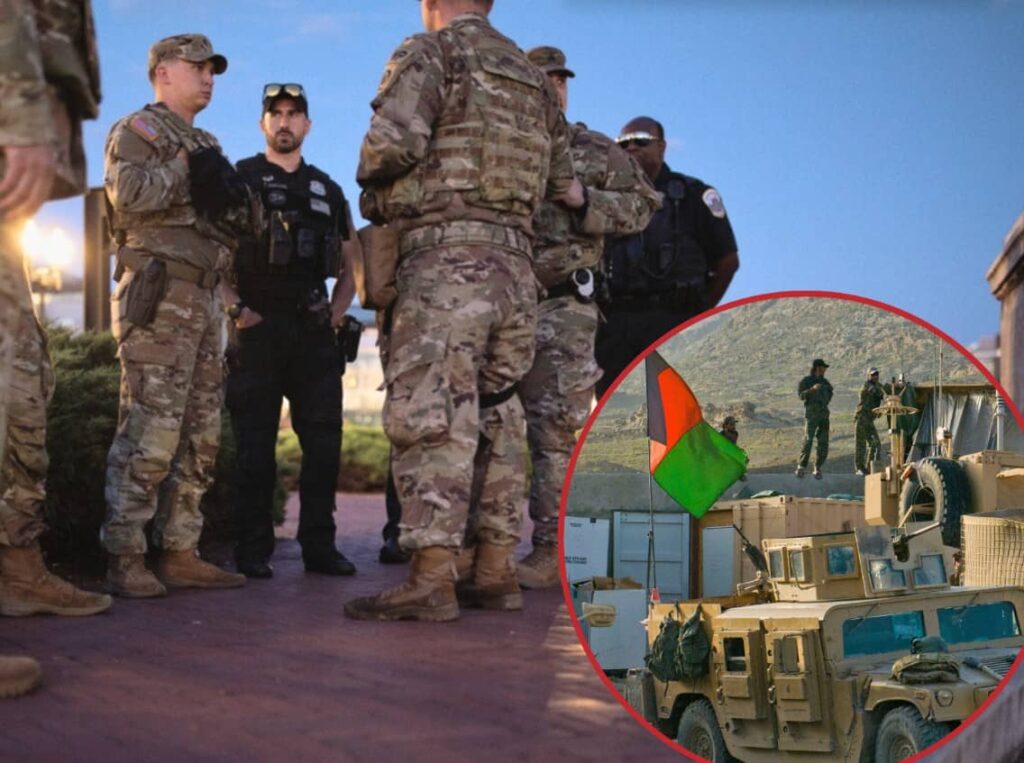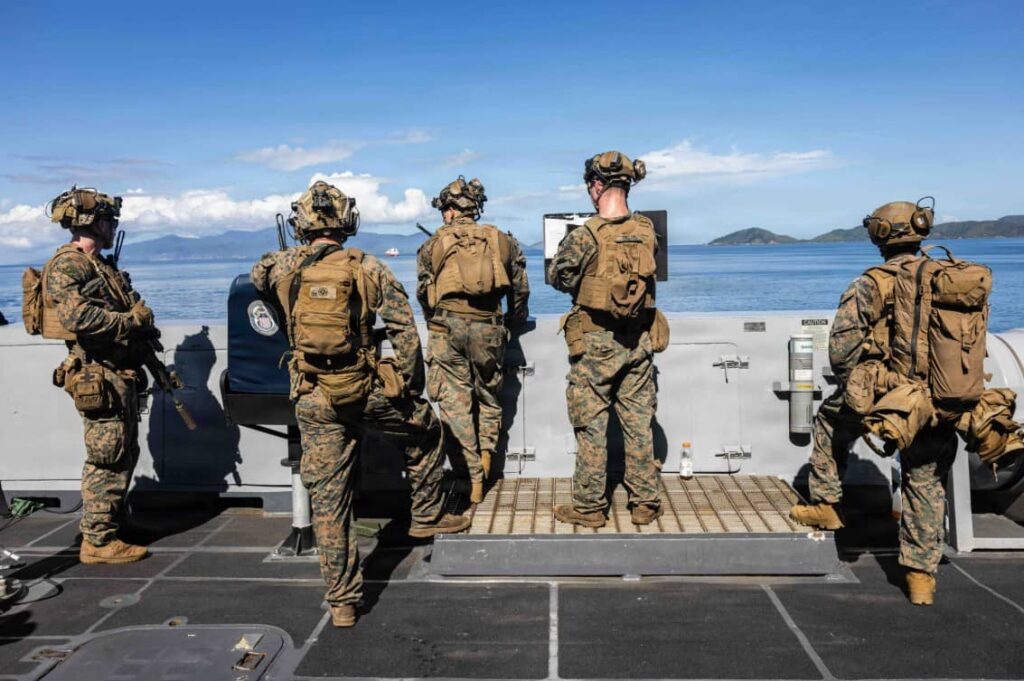UK Halts Intelligence Sharing with U.S. Over Caribbean Strike Concerns
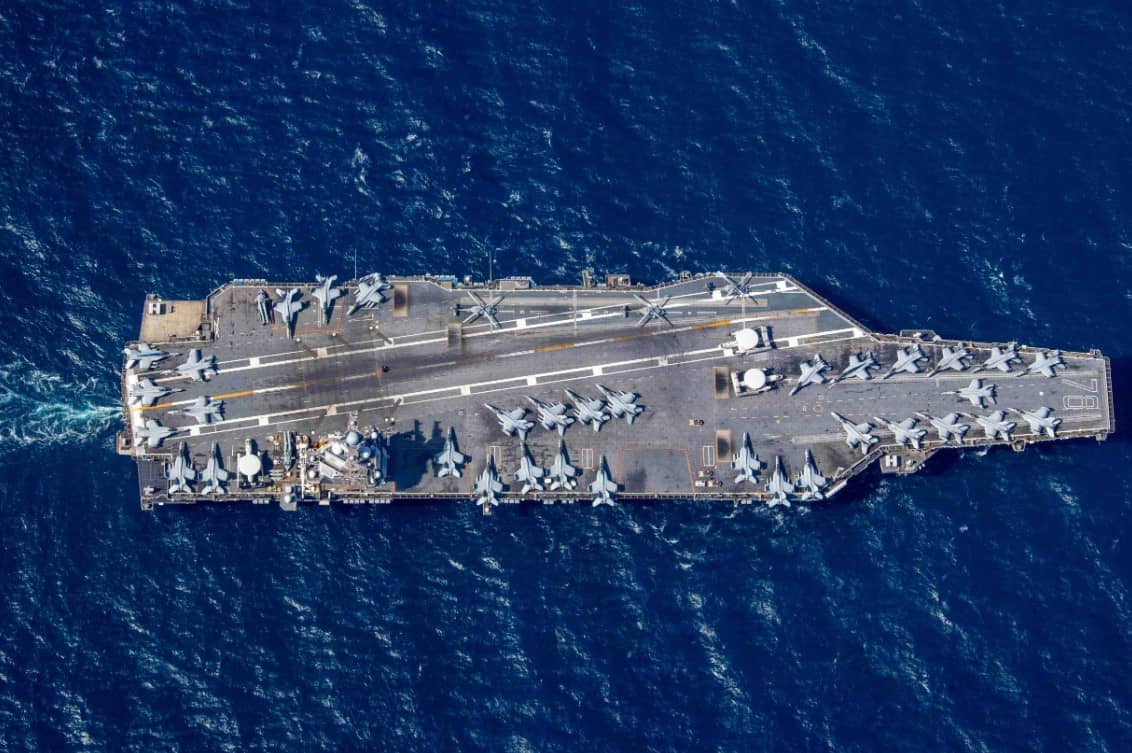
The United Kingdom has suspended its intelligence-sharing arrangement with the United States regarding drug-trafficking vessels in the Caribbean, driven by fears that British data might enable American military operations deemed unlawful under international law. This development, first reported by CNN and corroborated by defense sources, marks a significant rift in one of the closest intelligence alliances in the world—the so-called Five Eyes partnership that also includes Australia, Canada, and New Zealand.
The pause in cooperation began more than a month ago, according to officials familiar with the matter. British authorities have aligned themselves with a growing international consensus that U.S. airstrikes and naval engagements against suspected narco-vessels in the Caribbean and eastern Pacific constitute violations of sovereignty and amount to extrajududicial killings. The decision reflects deep unease in London over the Trump administration’s expansive interpretation of its authority to use lethal force far beyond traditional battlefields.
Background on the U.S. Operation
The controversial American campaign commenced in September under the banner of counter-narcotics enforcement but quickly evolved into direct kinetic action. U.S. forces, operating primarily from the first-in-class aircraft carrier USS Gerald R. Ford (CVN-78) and supported by maritime patrol aircraft, have targeted high-speed go-fast boats believed to be smuggling cocaine and other illicit substances toward North American markets.
To date, the operation has resulted in at least 76 confirmed fatalities. The most recent engagements took place on November 10 in the eastern Pacific, where American assets struck two vessels, killing six individuals aboard. Pentagon briefings have described the targets as “heavily armed” and actively resisting interception, though independent verification of these claims remains limited.
The legal justification offered by the Trump administration hinges on a novel framework: designating major drug cartels—such as the Sinaloa and Jalisco New Generation organizations—as “foreign terrorist groups” engaged in an “armed conflict” with the United States. Under this rubric, crew members on smuggling boats are classified as “enemy combatants” subject to the Law of Armed Conflict (LOAC), thereby permitting lethal force without judicial process.
Legal scholars and international law experts have pushed back strongly against this reasoning. “Designating a criminal organization as a terrorist group does not magically transform drug trafficking into an armed conflict,” noted Dr. Elena Morales, a professor of international humanitarian law at King’s College London, in a recent analysis. “The LOAC applies to situations of war, not law enforcement at sea. These strikes risk setting a dangerous precedent for state behavior in international waters.”
Historical U.K. Role in Caribbean Intelligence
For decades, the United Kingdom has played a pivotal supporting role in U.S.-led efforts to interdict drug flows through the Caribbean basin. British overseas territories—including the Cayman Islands, Turks and Caicos, and British Virgin Islands—host sophisticated listening posts, radar installations, and aerial surveillance assets. Intelligence gathered from these platforms has routinely been passed to Joint Interagency Task Force South (JIATF-South), a Florida-based command that coordinates multinational counter-drug operations.
This intelligence typically informed non-lethal interventions: boarding actions by Coast Guard cutters, seizures by partner navies, or diversions to ports for prosecution. The understanding, according to former British officials, was that U.K. contributions would support law enforcement, not military targeting.
The shift toward kinetic strikes appears to have crossed a red line for London. “We cannot be complicit in operations that bypass due process and endanger the rules-based international order,” a senior Foreign, Commonwealth & Development Office source told SOFX on condition of anonymity.
Broader International Unease
The U.K. is not alone in its discomfort. Canada, another key contributor to JIATF-South through its naval and air forces, has reportedly issued formal diplomatic warnings to Washington against repurposing allied intelligence for lethal purposes. Ottawa’s concerns echo those in London: that such actions could undermine decades of cooperative maritime security and expose contributing nations to legal liability.
Smaller Caribbean nations have also expressed alarm. Governments in Jamaica, the Bahamas, and Trinidad and Tobago—whose waters have seen increased U.S. naval activity—worry about collateral damage, environmental risks from sunken vessels, and the erosion of national jurisdiction. “We support fighting the drug trade, but not through unilateral military action that treats our seas as a free-fire zone,” said a spokesperson for the Caribbean Community (CARICOM).
Implications for U.S.-U.K. Relations
The intelligence pause represents a rare public fracture in the U.S.-U.K. “special relationship,” particularly on security matters. While disagreements over Iraq, rendition, and surveillance have strained ties in the past, the Five Eyes intelligence pact has generally remained insulated from political turbulence.
Analysts suggest the rift may prove temporary if the U.S. scales back its aggressive posture or provides stronger assurances about intelligence use. However, the episode underscores growing transatlantic divergence on the boundaries of counterterrorism authorities in peacetime.
Neither the British embassy in Washington nor the White House responded to requests for comment on the suspension. Pentagon spokespeople have continued to defend the strikes as “precise, lawful, and necessary to disrupt cartel financing of terrorism.”
Looking Ahead
As the U.S. operation continues, pressure mounts on the international community to clarify the legal framework governing maritime counter-drug efforts. The United Nations Office on Drugs and Crime (UNODC) has called for an urgent review of interdiction protocols to prevent escalation.
For now, British intelligence assets in the Caribbean remain active—but their data streams no longer flow to American targeting cells. The decision serves as both a principled stand and a warning: allies will not indefinitely underwrite military actions they view as beyond the pale of international norms.

